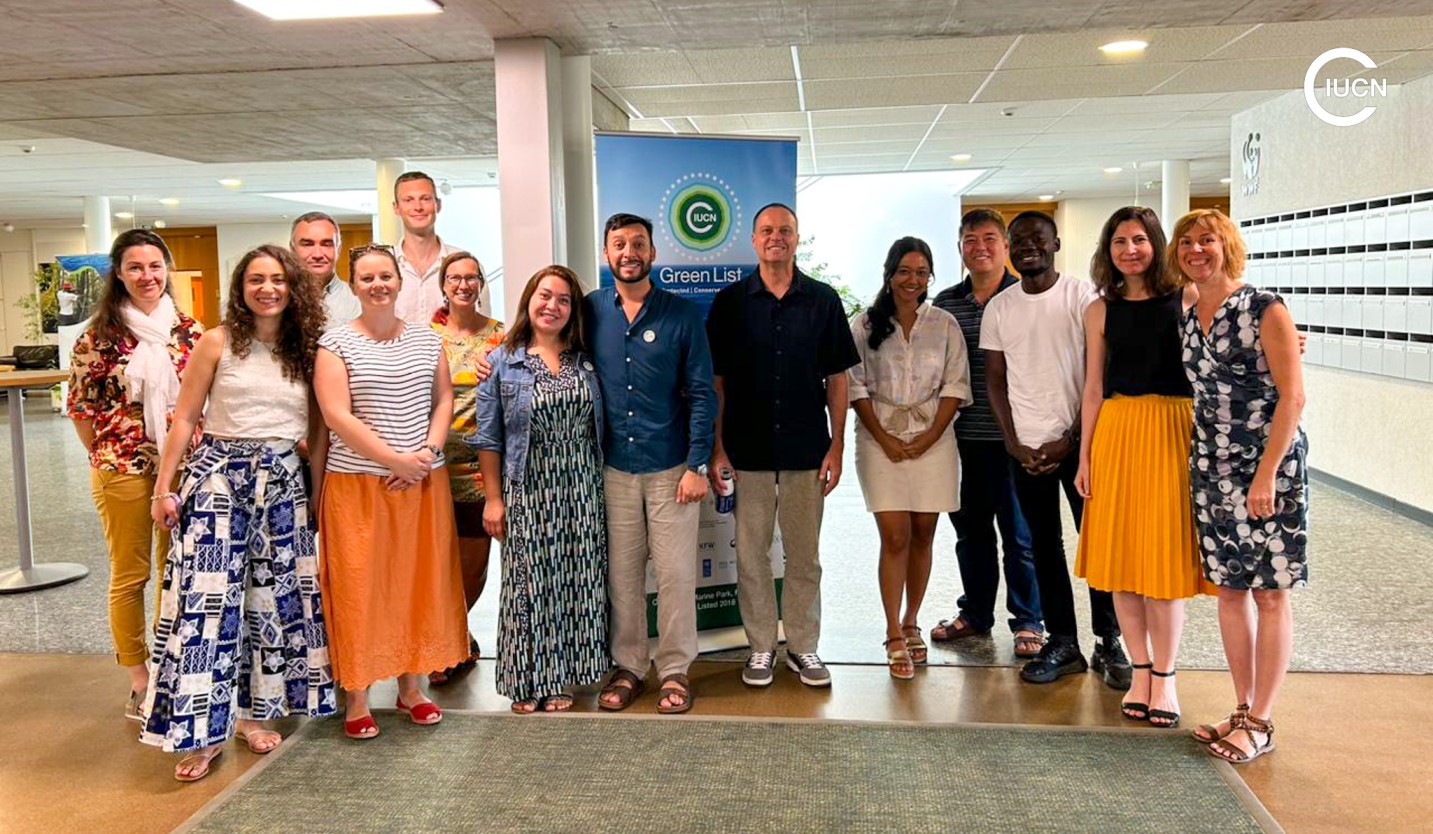Chilean Patagonia is today recognised as one of the greatest refuges of wild nature in the world. In recent decades, with the creation of national parks and marine reserves, the state has placed huge areas under formal protection. But far from being an empty landscape, this territory has been continually traversed for at least six thousand years by canoe-faring, hunter-gatherer, Kawésqar nomads.
These magnificent and pristine landscapes are home to hundreds of species of birds, mammals, reptiles, fish, plants, and fungi, which thrive within the forests, wetlands, glaciers, and in the innumerable fjords and channels of the Pacific Ocean. But this territory - Kawésqar Wæs - has always been the home of the Kawésqar. The territory, four times the size of Switzerland, was left in the pristine state it's found today when the last generation of nomadic Kawésqar were forced into sedentary lives in the cities during the 20th century, from where they and their children continue to dream of the sea.
The Kawésqar indigenous communities have spent years trying to participate in decision-making at the governmental level in national parks, given that one of the greatest threats facing this territory today is that of abandonment. The creation of national parks without administration, regulation, financing, development strategies and management plans seriously endangers the conservation of these places, both environmentally and culturally.
That is why informed participation is key, especially when there are still more than 500 Kawésqar living in this region of southern Chile. The Fundación Pueblo Kawésqar works to make visible the culture and living heritage of the indigenous Kawésqar peoples. Led and managed by Kawésqar, the foundation actively works to create cultural and rights initiatives in the hope that, in the not so distant future, Chilean society may truly recognise the presence, territory and culture of the Kawésqar peoples.
It is also very important to make visible the permanent presence of the Kawésqar within their ancestral territory, giving them the opportunity to traverse these waters in their canoes once again, practice their traditional ways of life, and visit the places where their ancestors lived and live on conserving nature.
Within the Kawésqar Wæs, there are 7 huge protected wilderness areas in addition to other, smaller and lesser known, but equally sizeable ones. The use of this (protected) territory today is, in practice, dedicated to boosting the economy. On the one hand is the tourism sector, which offers luxury experiences and extreme adventure in corners where "man has never before set foot"; on the other, intensive aquaculture and salmon farming, one of Chile's largest but most polluting export sectors.
So, how can the Kawésqar exist within current Chilean society, looking from afar at a territory as much their home as foreign to them; as natural as it is exploited; as protected as it is abandoned?
The views expressed in this blog post are those of the author.
On 22nd August, 2023, representatives from the Fundación Pueblo Kawésqar visited IUCN headquarters in Gland, Switzerland, to meet with the IUCN Protected and Conserved Areas team. The meeting represented an engagement from both sides to pursue solutions for environmental conservation that respect the rights and values of indigenous and local communities.
 Representatives from the Fundación Pueblo Kawésqar visit IUCN HQ. August, 2023.
Representatives from the Fundación Pueblo Kawésqar visit IUCN HQ. August, 2023.

